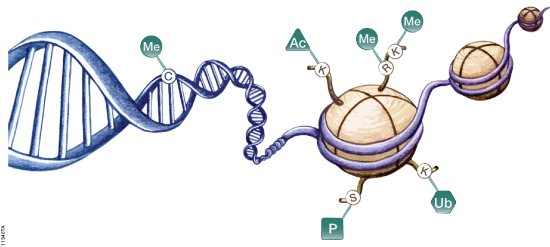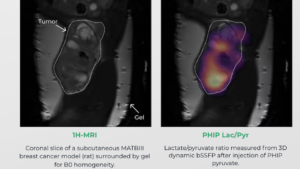
Epigenetic drugs set to boost immunoncology
German oncologists have unveiled that market-approved inhibitors of DNA methyltransferases (DMNTi) and histone deacetylases (HDACi) act through expression of cancer neoantigens. They already have a biomarker test to identify responders.
The findings, reported in Nature Genetics, are good news for drug developers who want to broaden the scope of current immune checkpoint modulators through combination therapies that trigger cancer cells to release immunogenic neoantigens.
Following addition of epigenetic inhibitors to cancer cell cultures thousands of atypical transcripts with altered frameshift were expressed form previously ignored endogenous promotors of retroviral origin, resulting in profound tumour cell death, group leader Plass from German Cancer Centre told European Biotechnology. His team has already a biomarker assay that could identify responders to the treatment as it measures activation of the normally silent treatment induced, not-annotated transcription start sites (TINATs).
Up to now, pharma majors such as Roche/Genentech have largely relied on combination of their checkpoint inhibitors with personalised mRNA cancer vaccines. The new findings might open the avenue to a broader activation of cancer neoantigens than these vaccines as over 2,500 TINATs have been identified in the human genome by the researchers. The retrotransposons (elements of human endogenous retroviruses, HERVs), which are located in long terminal repeats, have entered the human genome millions of years ago.
However, application of the findings might be hampered by the fact that TINATs, so far, have only been identified in the human genome, which might complicate preclinical in-vivo testing. It’s unclear if they also exist in animals, says Plass, who is currently deciphering the exact mechanism that normally stops TINATs from being activated. First findings suggest that acetylation of transcription factors might play an important role.


 Courtesy Luca Nagel, Department of Nuclear Medicine, Klinikum rechts der Isar, School of Medicine, Technical University of Munich, Munich, Germany
Courtesy Luca Nagel, Department of Nuclear Medicine, Klinikum rechts der Isar, School of Medicine, Technical University of Munich, Munich, Germany Sitryx Therapeutics
Sitryx Therapeutics